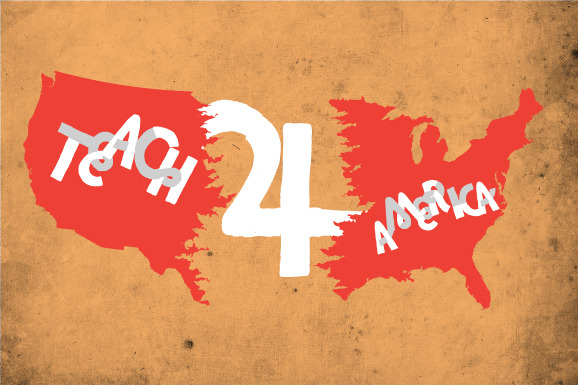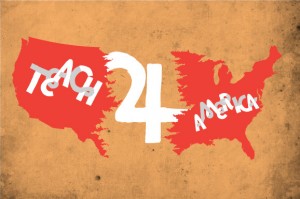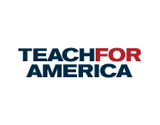Dr. Joseph Barber
I’ll be teaching my Applied Animal Behaviour and Welfare course again this semester at Hunter College, and here are some things I have been thinking about that might help you with your next interview:
1) It’s good to be in control – but you have to know when to adapt. I feel much more comfortable teaching when I know certain information: 1) where the classroom is; 2) how the IT works; 3) where all the exits are; 4) how many students will turn up on the first day; and 5) how many names I am going to have a hard time pronouncing. As I have been prepping my updated course, I have a plan in my head for what it is I want to get across and what I want students to walk away with. If all my students sat quietly in the room, then my plan would be flawless. But I don’t want them to do that, and so I have to be able to think quickly on my feet when they ask questions I have never thought about, or talk about their unique perspectives and how this changes their understanding of a subject. You can’t plan answers to questions you don’t know are coming…, is what you can take away from this. Most interviews are going to involve questions that you can plan for, such as: tell me about yourself, why do you want this position, and in what ways are you qualified? You also know that you should have 4 or 5 questions for them – that is the easy part. What happens if they answer all of your pre-prepared questions before you have even asked them? What happens if you get asked questions you have never anticipated being asked? If your pre-prepared questions get answered before you ask them, this is when you have to draw upon what you have heard people talking about during the interview itself to help you craft some new ones on the spot. If you are meeting with multiple people in separate meetings, draw upon the comments made by one interviewer, and ask another interviewer what their perspective is. Have questions about what people’s best experience has been working for the organization – chances are they won’t answer that one before you can ask it, and they might get a slight warm and fuzzy feeling when they do answer the question as they relive the moment. Unconsciously, you might be associated with that warm and fuzzy feeling, which is never a bad thing. When I get asked a question I have no answer to in my class there are a couple of strategies that I take. One is to simply state that I don’t know the answer, but that I will look into it before the next class – something hard to do in an interview setting. The other is to answer a slightly different question that I do have a better answer for, and then to try to explore how the two questions might be related, and where there might be similarities in the answers. These strategies usually work well together in my class, and it may be possible to adapt the second strategy for interviews. Come set up a mock interview at Career Services and we can talk about approaches for answering challenging interview questions.
2) Be relevant. My course has a very applied component to it, and I get a better sense of what to talk about the more I understand the students in the class – they will hopefully be the ones applying this information in the future, after all. Interviews are all about finding out how you might be able to apply your skills in the role you are interested in. To make your skills and knowledge as relevant as possible, you have to know who you are talking with – from both an organizational and individual person perspective (apparently corporations are people too, you know). Don’t stalk the people you’ll be meeting with, but find ways to show your interest in them and their organization through your answers.
3) Learn from your mistakes. Some lectures go well, some examples of complex topics make sense, but there are always going to be times when you fail to connect effectively with students in the classroom. Similarly, even with lots of preparation, not every interview goes as planned, and some don’t’ go well at all. Take a moment soon after the interview has ended to collect your thoughts, and write down the questions you were asked that you didn’t answer well, as well as the illustrations of your skills in action that did seem to resonant well. You’ll be able to use this information going into the next interview. You can always ask students for feedback on a course, but you can’t do the same thing with interviewers, and so you have to rely on your own recollection after the interview. Because stress and fear can impede the transition of short-term memory into long-term memory, the sooner you do this, the more helpful this exercise will be.
4) Drink plenty of water. What? What kind of tip is that? Well, there is never a situation that can’t be improved by being properly hydrated. If you have to give a job talk, a teaching sample, and talk with 15 different people in a row – all in the same day and without a break, then water will be your best ally to stay refreshed and energetic. You might not see this as a priority with all the hustle and bustle of the interview day, but make sure you stay hydrated.
5) Be passionate. I teach as an adjunct at a New York college not because I enjoy small salaries and a 12 hour round-trip on a cramped bus with no indoor waiting areas at the bus-stop. I teach because I enjoy the subject, and the students at Hunter College always come from diverse and interesting backgrounds that help to enliven the subjects we explore together. I always learn from my students, because they have had experiences that I haven’t. Many are as passionate about the subject (albeit from different perspectives) as I am. Even if you are interviewing for a job that you are not passionate about in a “this is the best job in the world ever” standpoint, you can still be honestly passionate about the opportunities there will be to use you unique set of skills and experiences to help achieve some common goal. Help the interviewers see that you do have some passion, beyond just the day-to-day tasks that you are qualified to complete, so that they can better imagine what you can contribute to their departments and teams. The interview is not the time for soap opera-esque displays of emotion, but you can still find ways to be passionate when you talk about what you have done in the past, and why that brings you to the interview in the present – as well as what your thoughts are about your own professional future.
Wish me luck for the new class starting this Friday. And when you have your next interview coming up, set up an appointment at Career Services and we’ll help you make the most of your preparations.






